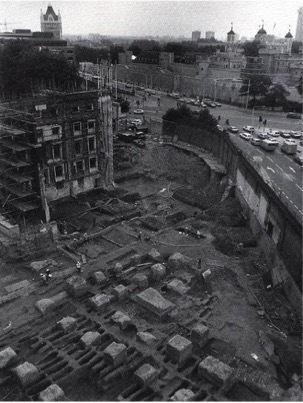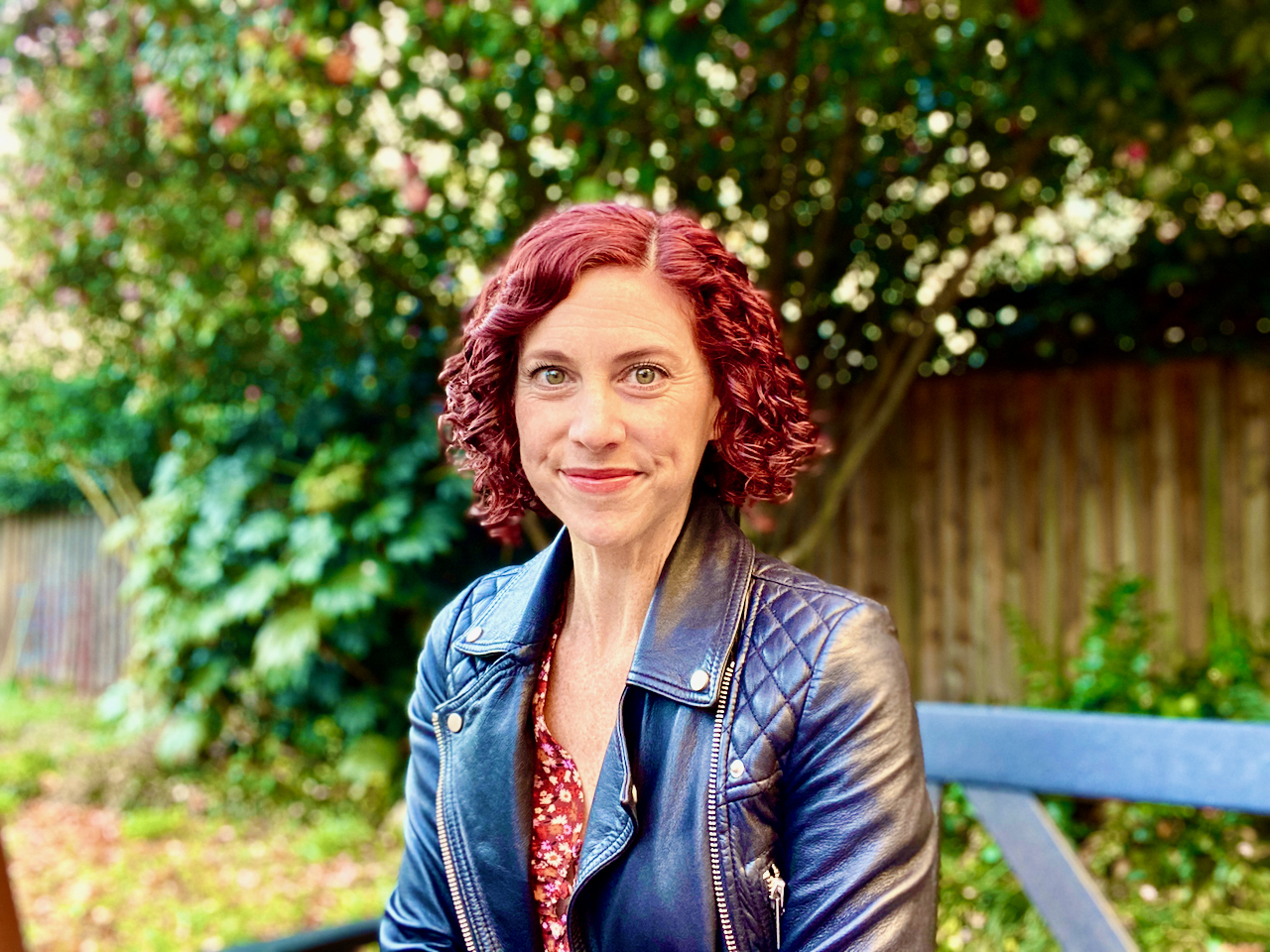Event: Stress, Sex, and Death: Health and Survival in the Context of Medieval Famine and Plague
Event Details
 In the 14th-century, Afro-Eurasia was struck by a devastating pandemic of bubonic plague, now often called the Black Death, that killed an estimated 30-60% of some populations. Dr. DeWitte will discuss her bioarchaeological research, focusing on the skeletal remains of people who died before, during, and after the Black Death in London, England. This work aims to clarify the biosocial factors that shaped vulnerability to historical plague mortality and deepen the scope of understanding of the social and health interactions that shape epidemic disease experiences and outcomes. Analysis of demographic trends before and after the Black Death in London has revealed evidence of declines in life expectancies and, by inference, health for people before the Black Death, but improvements in health afterwards. Examination of patterns of skeletal indicators of stress reveal differences between males and females, which might reflect variation in sensitivity to stressors or differences in dietary resources in the aftermath of the Black Death. Dr. DeWitte will also highlight future directions in medieval plague bioarchaeology.
In the 14th-century, Afro-Eurasia was struck by a devastating pandemic of bubonic plague, now often called the Black Death, that killed an estimated 30-60% of some populations. Dr. DeWitte will discuss her bioarchaeological research, focusing on the skeletal remains of people who died before, during, and after the Black Death in London, England. This work aims to clarify the biosocial factors that shaped vulnerability to historical plague mortality and deepen the scope of understanding of the social and health interactions that shape epidemic disease experiences and outcomes. Analysis of demographic trends before and after the Black Death in London has revealed evidence of declines in life expectancies and, by inference, health for people before the Black Death, but improvements in health afterwards. Examination of patterns of skeletal indicators of stress reveal differences between males and females, which might reflect variation in sensitivity to stressors or differences in dietary resources in the aftermath of the Black Death. Dr. DeWitte will also highlight future directions in medieval plague bioarchaeology.
6pm Lecture
7pm Reception
 Sharon DeWitte (PhD. 2006, Pennsylvania State University) is a Professor in the Institute of Behavioral Science and Department of Anthropology at the University of Colorado, Boulder and a fellow of the American Association for the Advancement of Science. She is a biological anthropologist who specializes in the reconstruction of demography and health using human skeletal remains ethically excavated and curated from archaeological sites. She is particularly interested in infectious diseases and famine conditions in the past, and focuses on determining how factors such as sex, gender, social status, health, developmental stress, nutritional status, and geographic origin affected risks of mortality during such crises. Her research primarily focuses on mortality patterns during medieval plague epidemics in Europe and Central Asia. She is also generally interested in expanding the tools available to bioarchaeologists to examine health in the past in ways that put them in dialogue with scholars studying living people.
Sharon DeWitte (PhD. 2006, Pennsylvania State University) is a Professor in the Institute of Behavioral Science and Department of Anthropology at the University of Colorado, Boulder and a fellow of the American Association for the Advancement of Science. She is a biological anthropologist who specializes in the reconstruction of demography and health using human skeletal remains ethically excavated and curated from archaeological sites. She is particularly interested in infectious diseases and famine conditions in the past, and focuses on determining how factors such as sex, gender, social status, health, developmental stress, nutritional status, and geographic origin affected risks of mortality during such crises. Her research primarily focuses on mortality patterns during medieval plague epidemics in Europe and Central Asia. She is also generally interested in expanding the tools available to bioarchaeologists to examine health in the past in ways that put them in dialogue with scholars studying living people.


